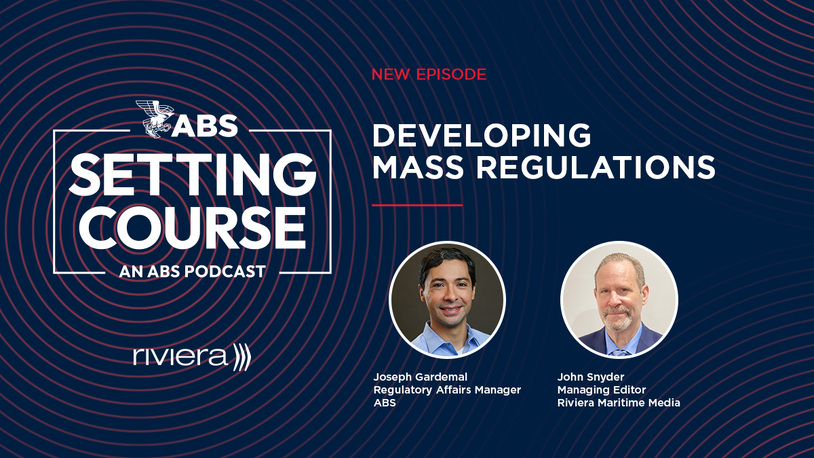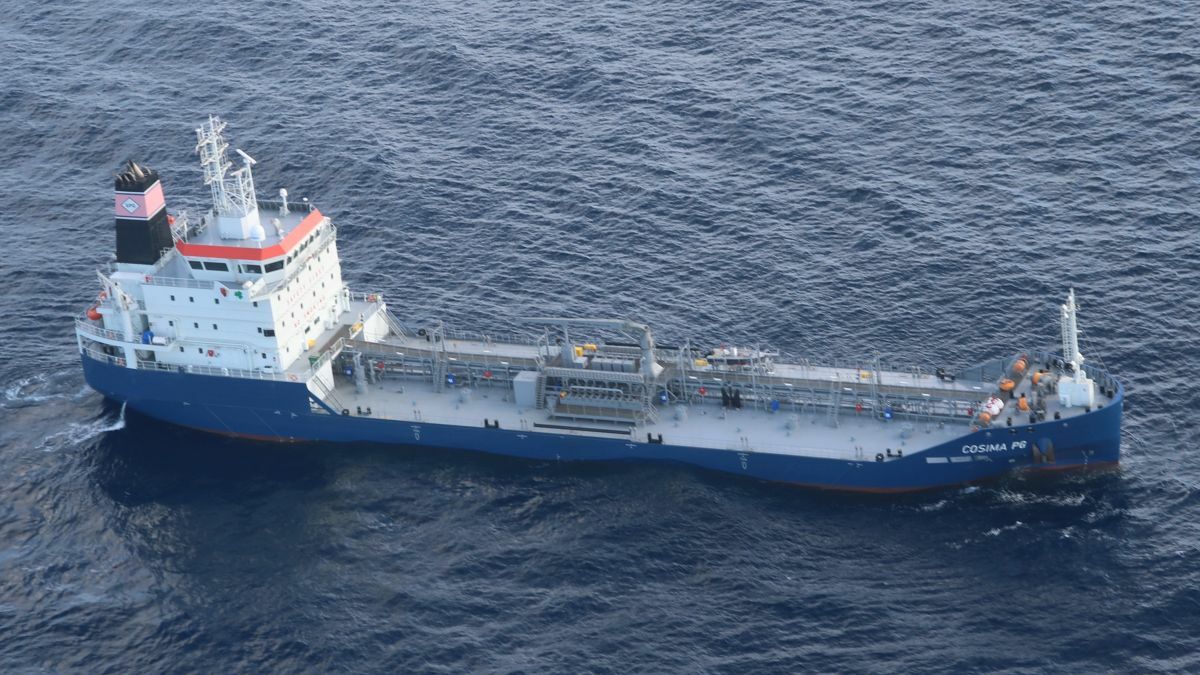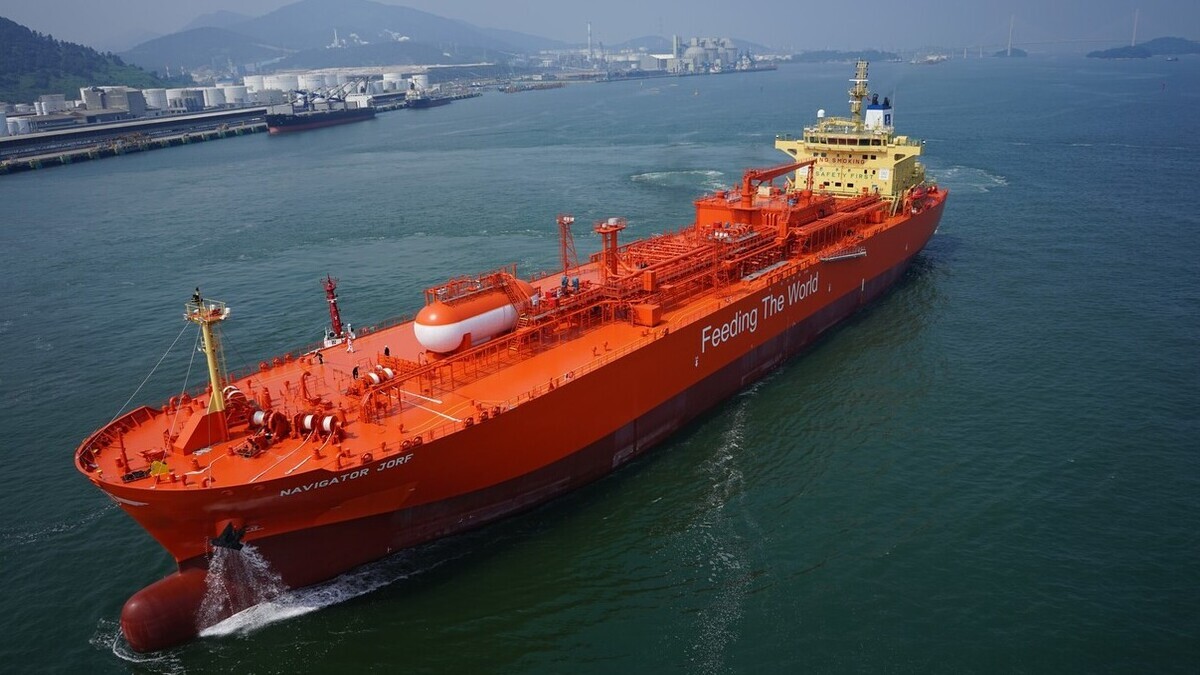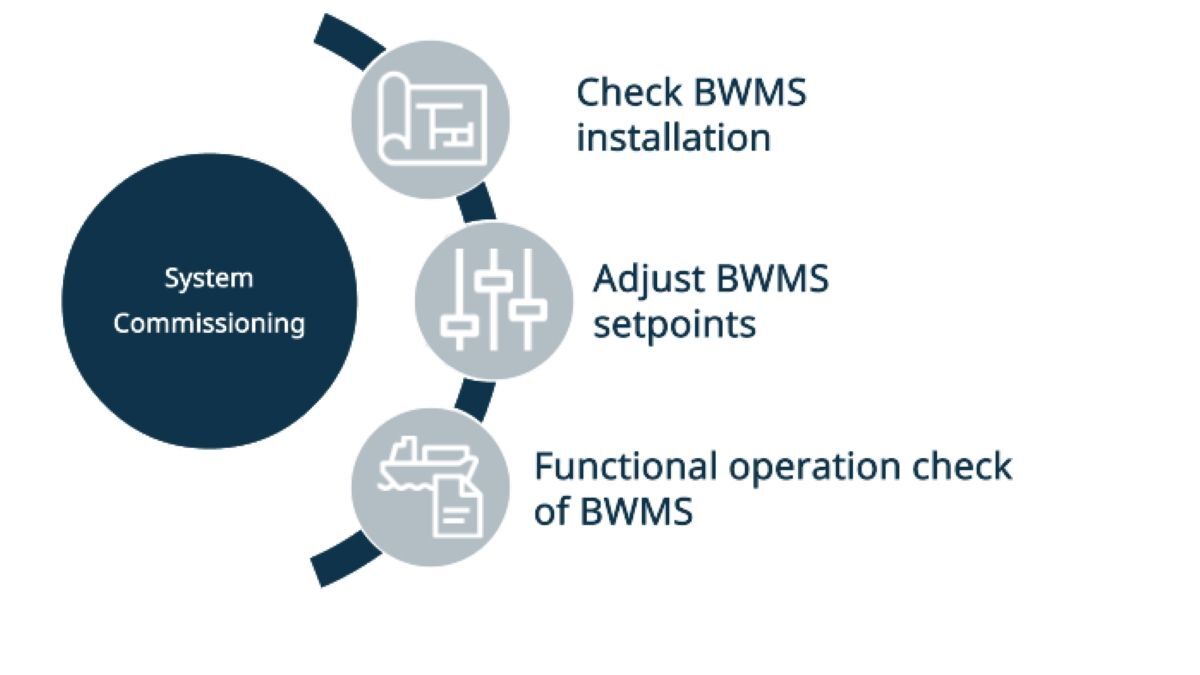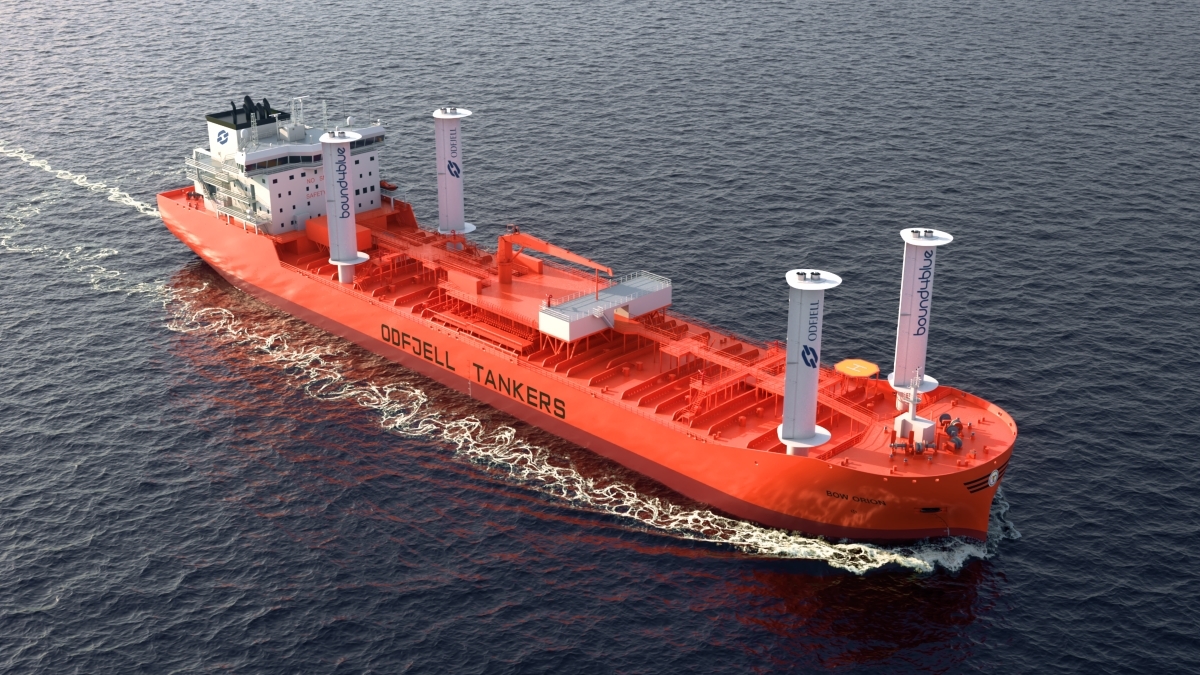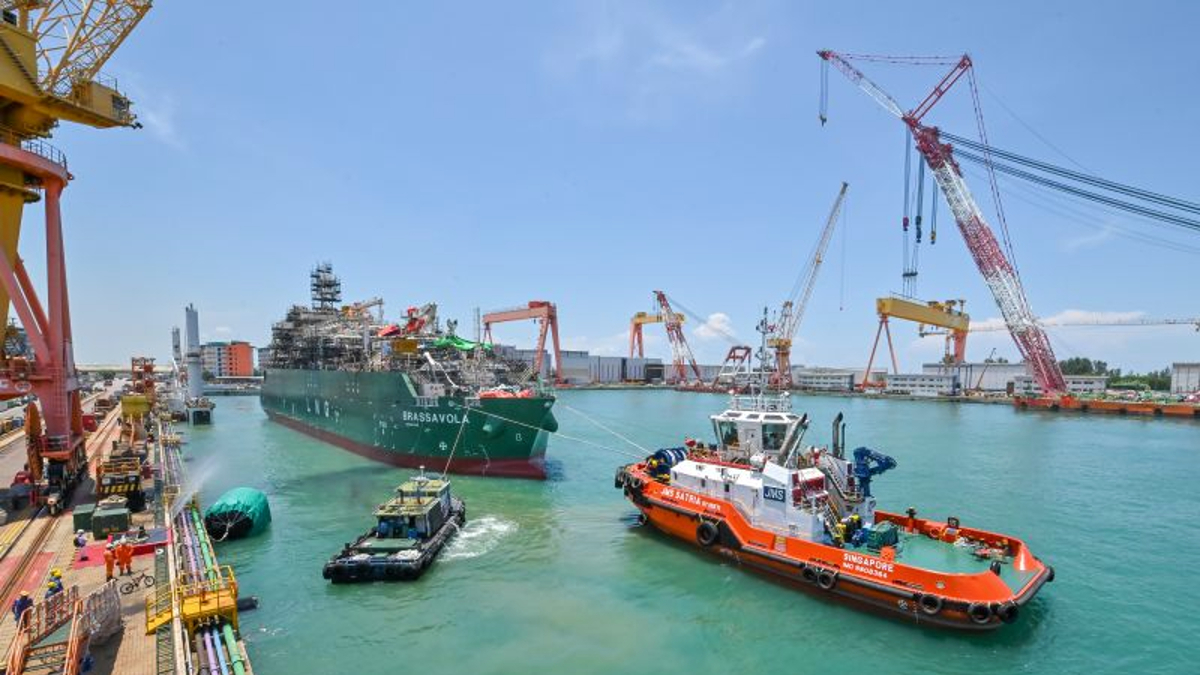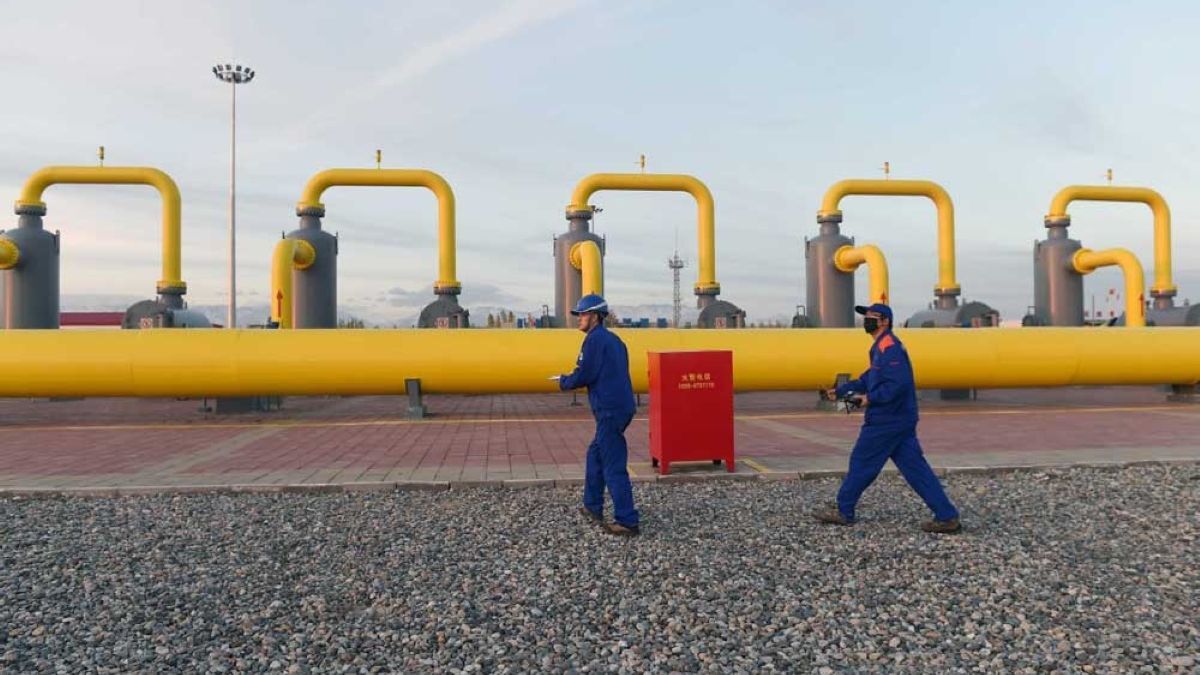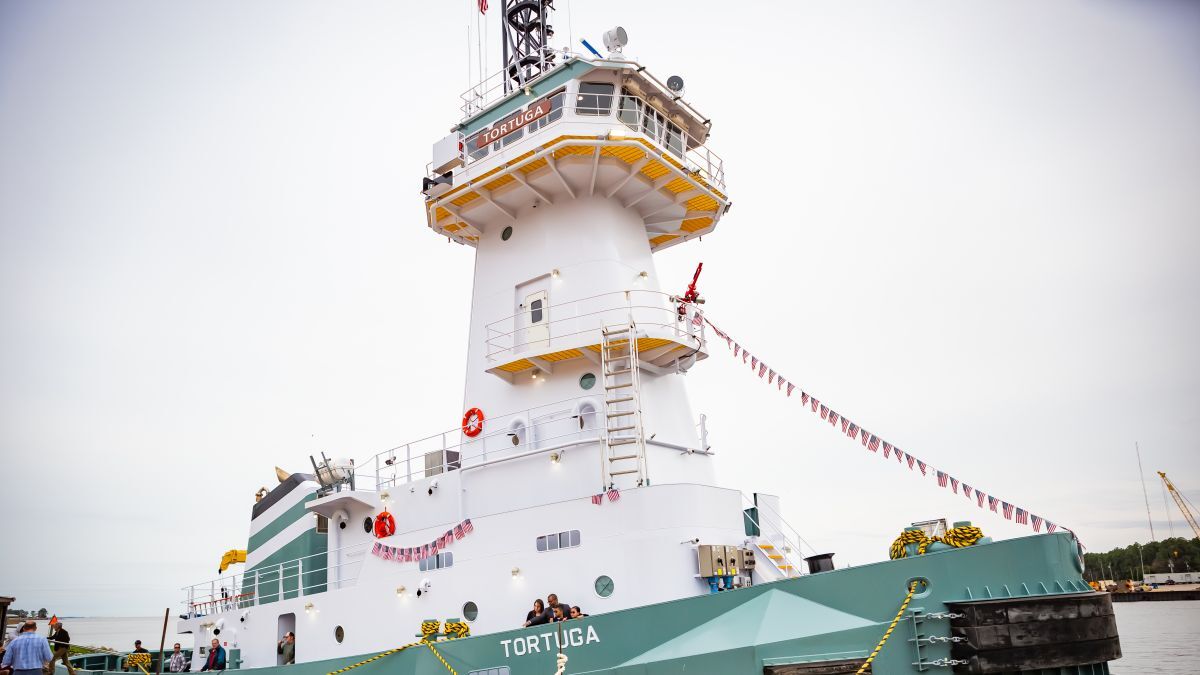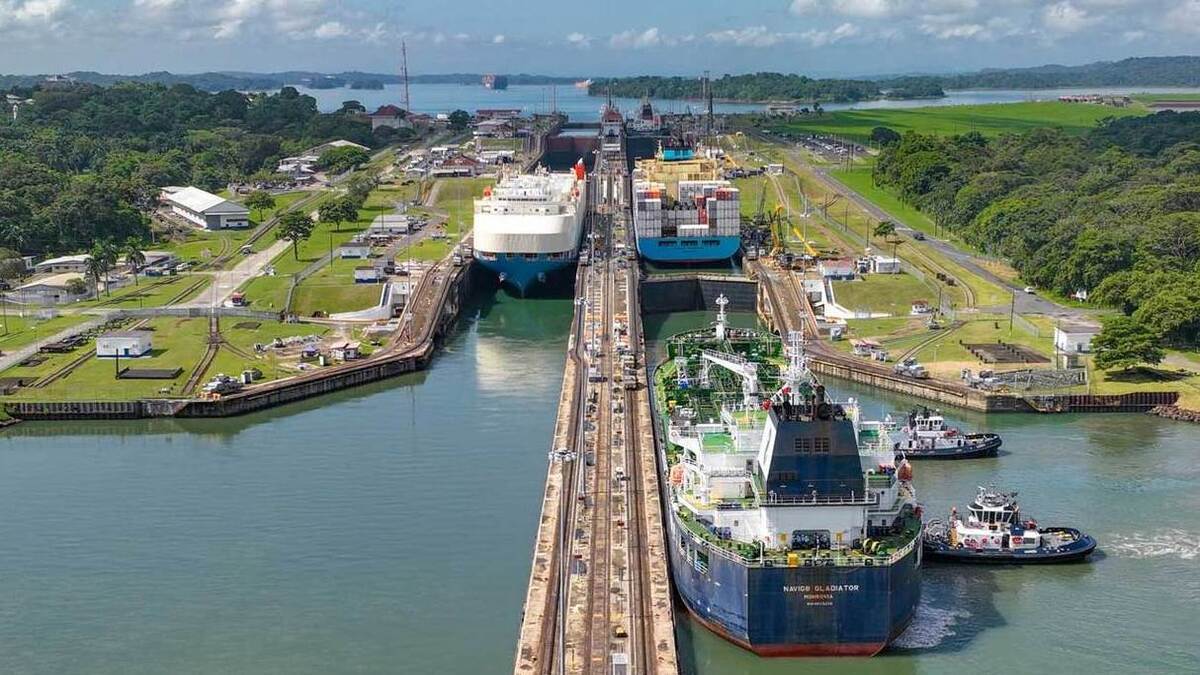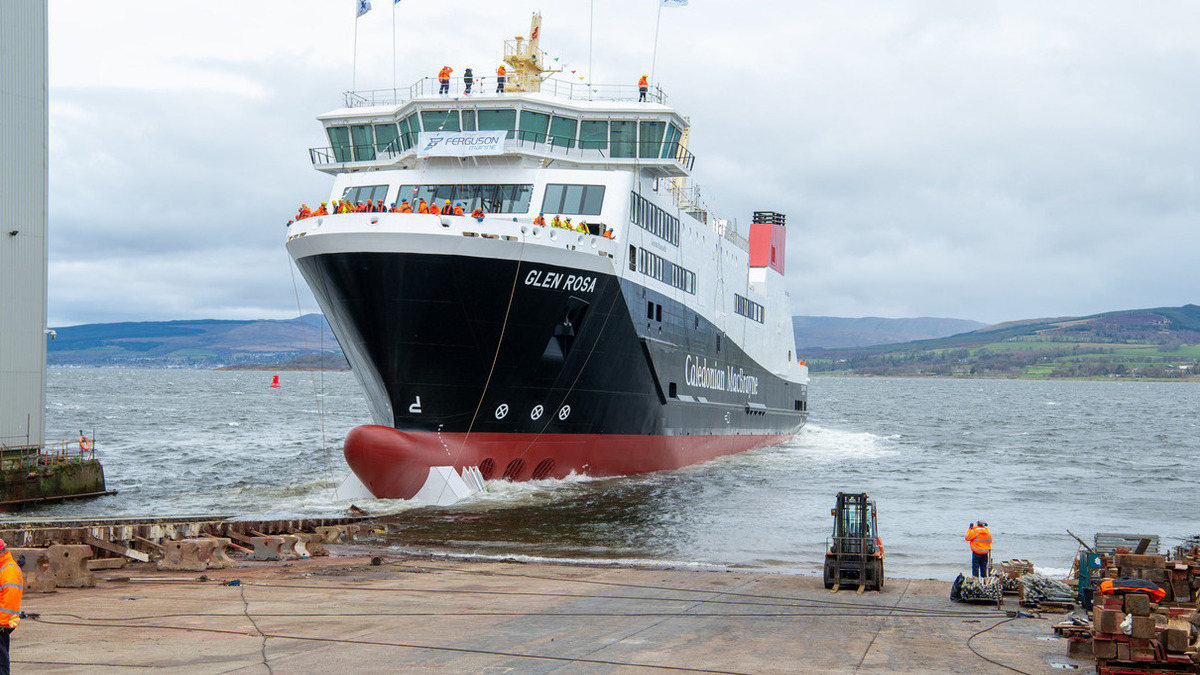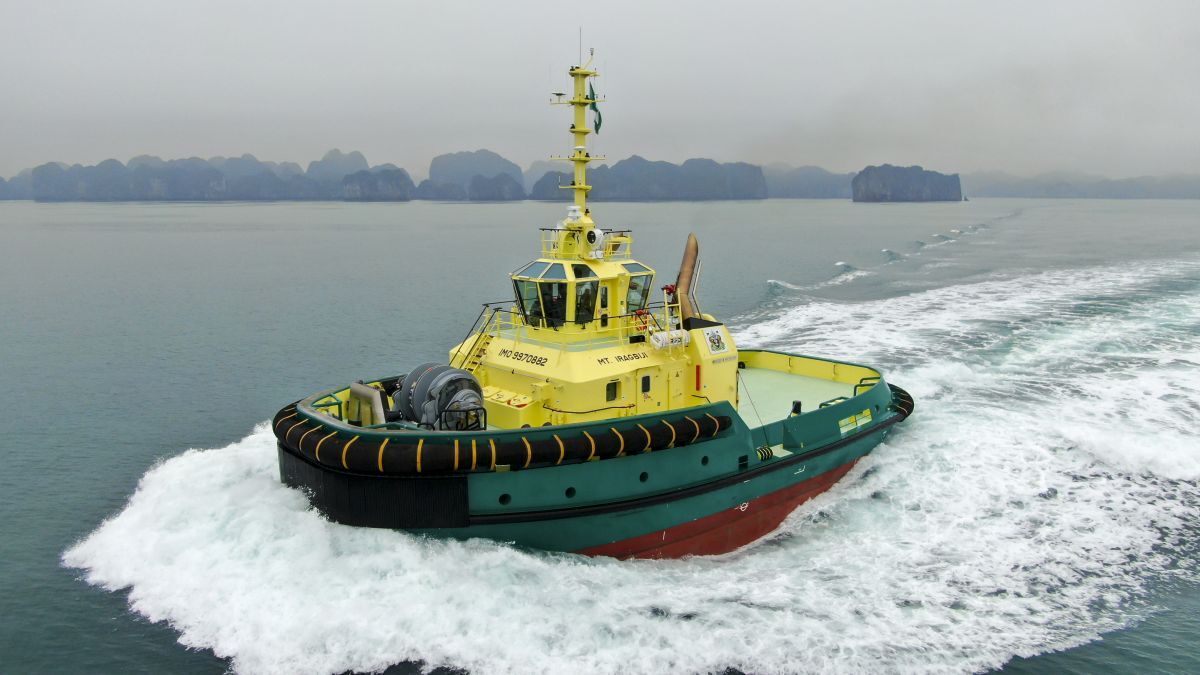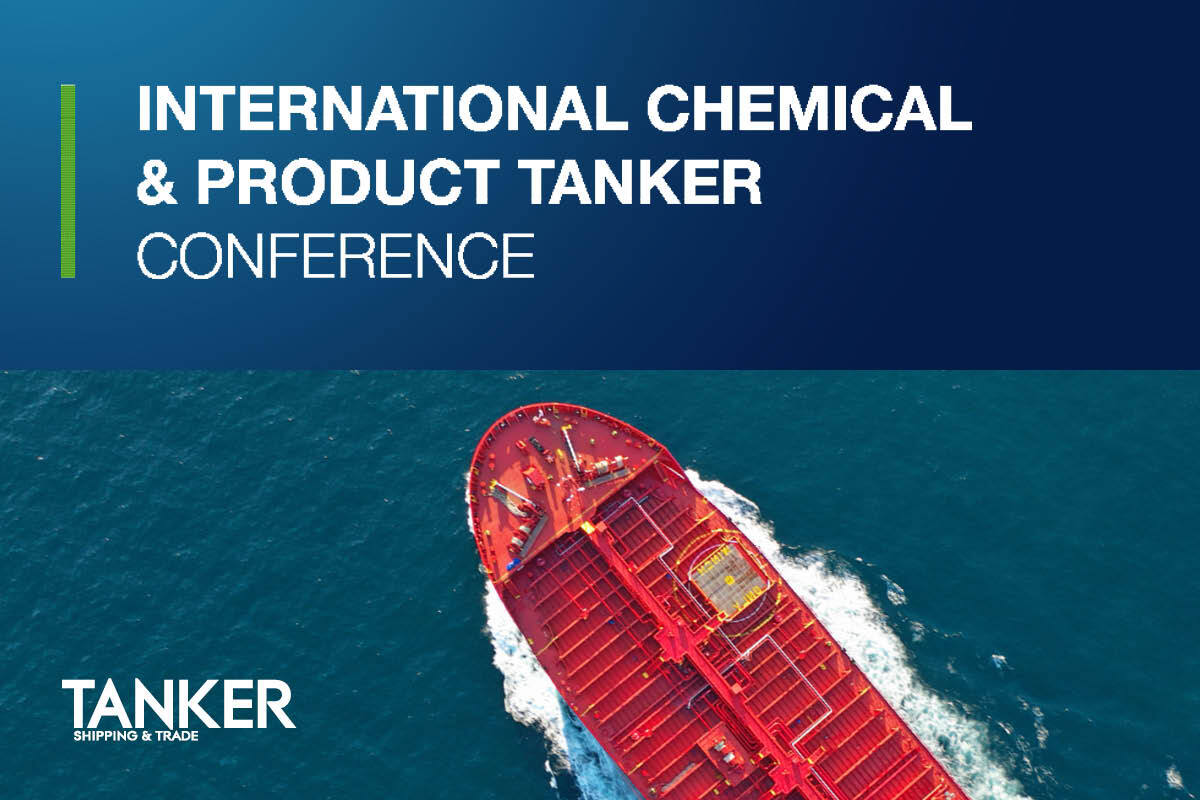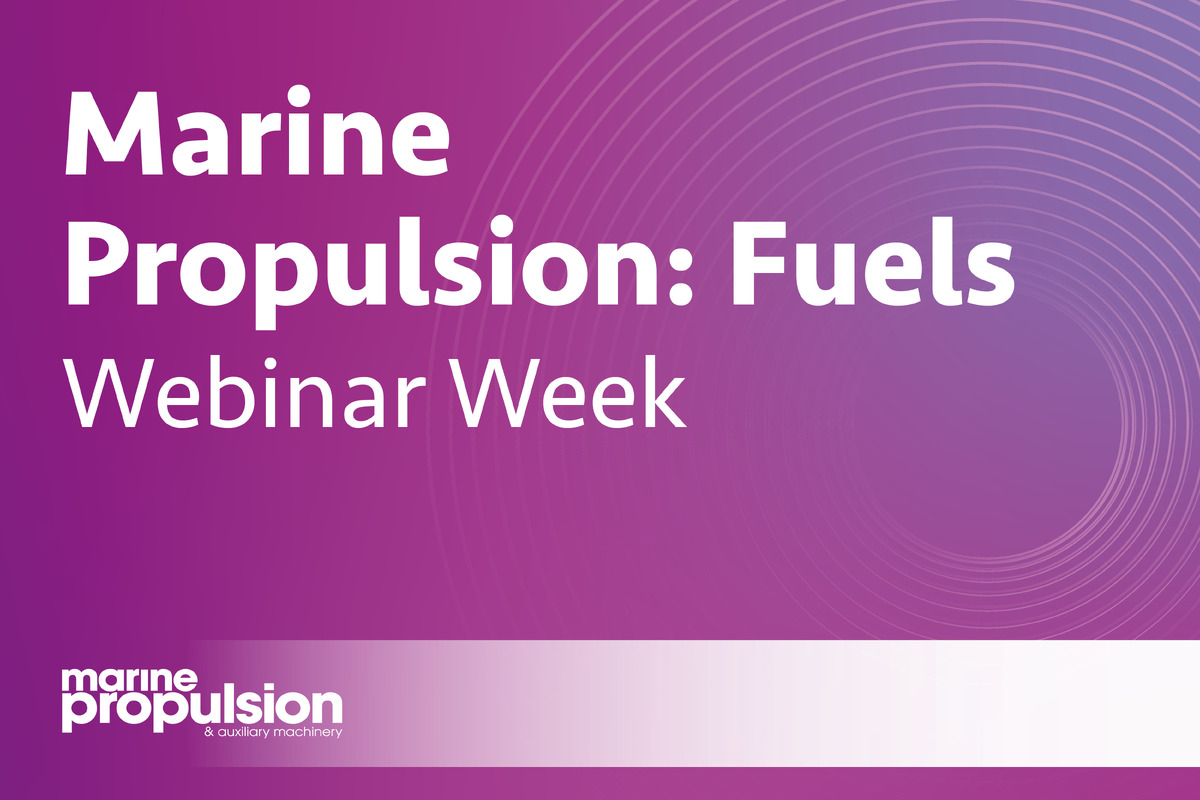Business Sectors
Events
Contents
RMK Marine: building a new wave of asphalt/bitumen carriers
RMK Marine is a specialist in producing asphalt/bitumen carriers. Business development manager Gürkan Türkeş discusses the yard’s strategy, output and achievements
Tanker Shipping & Trade: RMK Marine is known for specialising in asphalt/bitumen carriers, can you tell us more about your plans and goals?
Gürkan Türkeş: It is true RMK Marine is a specialist in asphalt/bitumen carriers (also known as high heat product tankers). We completed T.Adalyn (NB113), which is a triple hull asphalt/bitumen tanker built in accordance with the global emission control regulations and equipped with special, high-tech product systems for unrestricted navigation. T.Adalyn has a floating tank system capable of carrying asphalt, vacuum residue, atmospheric residue, oil products (FP above 60°C) cargoes with gravity up 1.3 tonne per m3 at a maximum of 250°C. We have built and delivered five asphalt/bitumen tankers and we continue to service enquiries for vessels smaller than 20,000 dwt in this segment. It is our firm belief that we can also design, build and deliver even bigger tankers up to 30,000 dwt by using our infrastructure, skillsets and competences in this segment.
Tanker Shipping & Trade: How challenging is the construction of floating cargo tanks for high heat tankers?
Mr Türkeş: For high heat product tankers, floating cargo tanks are one of the most applicable and reliable design solutions. One of the challenges we face is the strategic planning of the contracted newbuilding vessels according to the infrastructure capabilities of the surrounding Turkish shipbuilders. These are our supporters in these projects.
Of course, RMK Marine can build this kind of vessel entirely in its own premises, starting with double-bottom blocks laid and erected on the slipway before the floating cargo tanks. During the design process, necessary engineering works, calculations and analysis are performed before the production of the double-bottom blocks for the amount and position of the foundations, where the floating cargo tanks will be located. Sequentially, floating cargo tanks are produced and positioned on the specified places on top of the double-bottom blocks. After this stage, side blocks and main deck blocks follow the build process of the vessel on the slipway before launching.
RMK Marine can also use local shipbuilders. In this scenario, RMK Marine builds the vessel, while the floating cargo tanks are ordered from another facility. Concurrent with the construction of the floating cargo tank, the insulation is completed under the control of RMK Marine’s project team in a facility of the sub-contractor yard. Once built and launched, the vessel is towed to the dry dock of the sub-contractor yard for the installation of the floating cargo tanks by crane. After installation of the tanks, the vessel is brought back to RMK Marine’s pier for the rest of the works, in accordance with the plans.
In both scenarios, the main challenge involves the flexible connections of the piping among the cargo loading and unloading systems and cargo tanks. Flexibility is required against a considerable amount of heat change during the loading and unloading process. During the voyage, the tank and equipment must keep the product within a given temperature range. Our integrated solution, created by RMK Marine and its project partners, has proven very successful in this area.
Tanker Shipping & Trade: What new developments are there on the horizon?
Mr Türkeş: Generally speaking, the global market conditions for the short and mid-term are still cloudy. When we analyse market data about the global fleet and age profiles in light of statistical and historical facts, we expect a big wave of demand for 7,000 dwt tankers, which will probably occur in 2021-2022, similar to what happened between 2004-2006, according to the cyclic characteristic of the market. In the meantime, we are working hard to challenge Far-East prices, backed by financial incentives and other government supports.
RMK Marine has recently made two important investments: the first was to upgrade our existing Enterprise Resource Planning (ERP) system and fully integrate it across all departments; the second involved upgrading the steel production processes, starting from the steel plates and profiles depot areas to the end point of block building, prior to lifting them onto the slipway for erection work. The goal of this investment is to increase the efficiency of the steel production process and incrementally increase the competitiveness of RMK Marine in the marketplace.
Tanker Shipping & Trade: What other tankers does RMK Marine build?
Mr Türkeş: In the last seven years, we have built and delivered nine tankers. We delivered two chemical/oil and one asphalt/bitumen tankers in 2019 and one 70 TbP tugboat in 2020. We also plan to deliver one more 70 TbP tugboat in April 2020. Moreover, we have new tanker building projects in our pipeline for 2020. It is good to see that we have created a certain awareness in the tanker segment globally, in line with our strategic goal to be a world brand in high heat product tankers such as the asphalt/bitumen and chemical/oil tanker segment.
This awareness is the result of our experience and client satisfaction and these skillsets and competences are applied to the newest shipbuilding technologies, in compliance with the latest environmental and emission control regulations. For instance, T.Esra and T.Aylin – the two 19,900 dwt asphalt/bitumen tankers we built and delivered for a local client in 2014-2015 – are the two biggest tankers globally in their segment.
In addition, we are working on LNG fuel as a means of achieving compliance with environmental regulations. Small-scale LNG bunker tankers are the new business focus for RMK Marine and we look forward to realising a new building project in the near future.
Tanker Shipping & Trade: Can you elaborate on RMK Marine’s track record in the chemical and oil products tanker sectors?
Mr Türkeş: We have built and delivered 20 chemical/oil tankers. We have designed, built and delivered four chemical/oil tankers in the last five years and we are about to receive more orders. It should be noted that RMK Marine is a subsidiary of Koç Group; we have the backing of Turkey’s largest industrial and services group and Koç Holding, Turkey’s leading investment holding company and the only Turkish company in the Fortune Global 500 list. This gives our clients confidence that we have the backing to deliver what we promise.
I would also like to highlight Turkey’s geographic proximity to Europe, its proven shipbuilding standards and its familiarity with European business processes, all of which make Turkey an excellent alternative to Far East shipyards. We note that the Covid-19 coronavirus epidemic has increased interest to the Turkish shipyards, including RMK Marine. We are now receiving more demands for various types of vessels, such as LNG bunker tankers and ropax ships, in addition to tankers. We are preparing a significant number of offers to send to clients. These clients are looking for alternatives and we are responding; from our perspective, we are in a ‘wait and see’ phase.
Related to this Story
Events
Maritime Cyber Security Webinar Week
International Chemical & Product Tanker Conference 2024
Marine Propulsion: Fuels Webinar Week
How enhanced connectivity is propelling maritime into the AI era
© 2023 Riviera Maritime Media Ltd.

